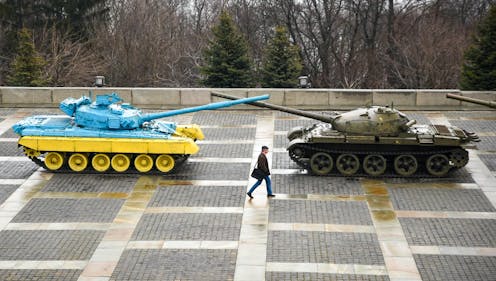

Authors: Kathryn David, Mellon Assistant Professor of Russian and East European Studies, Vanderbilt University
Read more


